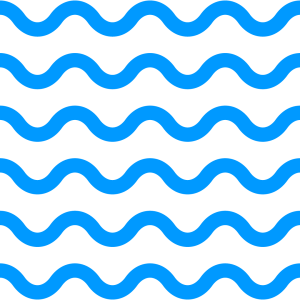HOW DOES THE EDUCATIONAL SYSTEM WORK IN THE NETHERLANDS?

Related news
-
January 16th, 2023
Am I allowed to work whilst living at a shelter?
-
January 17th, 2023
How do I get a Citizen Service Number ? (BSN)
-
January 12th, 2023
What types of employment contracts are there?
-
January 16th, 2023
How to open a bankaccount?
-
January 16th, 2023
Receiving salary: How does it work?
-
January 17th, 2023
How do taxes work in the Netherlands?
-
January 16th, 2023
What if I want to resign from my job?
-
January 18th, 2023
How can we (Port of Opportunities) help you?
-
March 15th, 2023
Why does Port of Opportunities need to store your personal data?
-
March 15th, 2023
What is a social enterprise?
-
March 15th, 2023
5 things you need to know about living in the Netherlands
-
March 23rd, 2023
What documents do I need to start working legally in the Netherlands?
-
April 24th, 2023
CV tips: how to write the perfect CV
-
April 24th, 2023
Intake and job interviews in the Netherlands: What are they like?
-
May 9th, 2023
Who can we help find a job?
-
May 11th, 2023
Diploma evaluation in the Netherlands
-
May 25th, 2023
How can I manage stress during job searching?
-
May 30th, 2023
What is the difference between gross and net salary?
-
May 30th, 2023
What principles does Port of Opportunities stand for?
-
May 30th, 2023
What are job fairs at the Ukrainian house?
-
May 30th, 2023
How does public transport work in the Netherlands?
-
June 8th, 2023
What are typical Dutch things to do?
-
June 15th, 2023
Why is our service for free?
-
August 2nd, 2023
How does PofO help during the integration of the candidate?
-
August 7th, 2023
Does PofO have tips for a smooth(er) integration of a candidate?
-
August 14th, 2023
What if a candidate celebrates different holidays than are acknowledged in the Netherlands as national days off?
-
August 15th, 2023
What to bring to an interview (and what not)?
-
August 21st, 2023
What if a match does not work out?
-
December 7th, 2023
How to fill out the Payroll Tax Form?
-
June 19th, 2024
How you can visit the office in Schiedam?
-
November 22nd, 2024
Certificate of Conduct (VOG) for Status Holders in the Netherlands
-
February 28th, 2025
How to successfully apply for jobs in the Netherlands
-
March 19th, 2025
How to build a strong professional network

